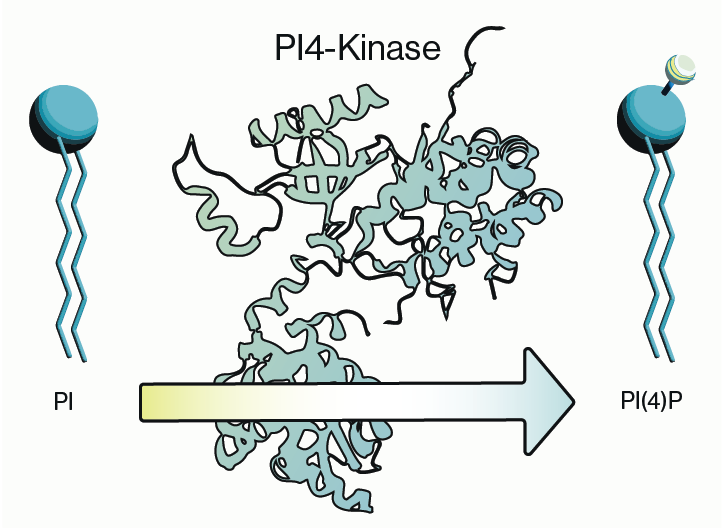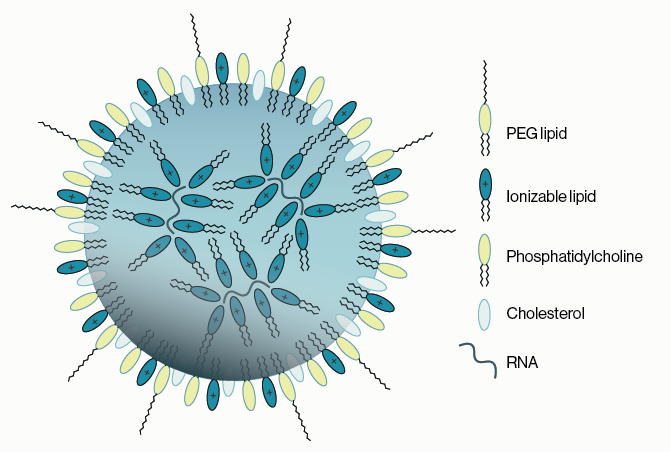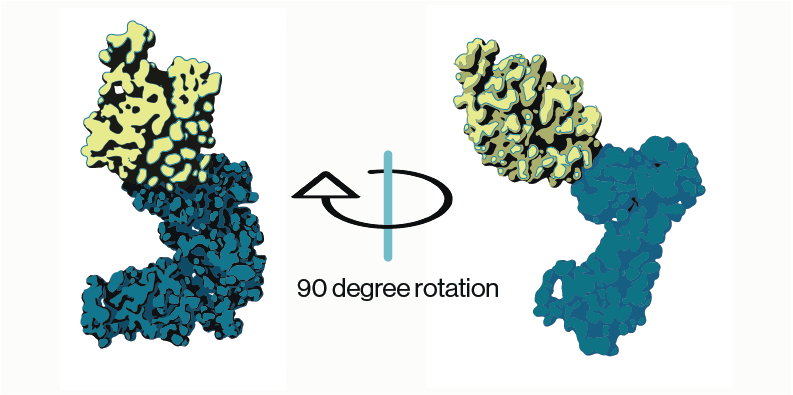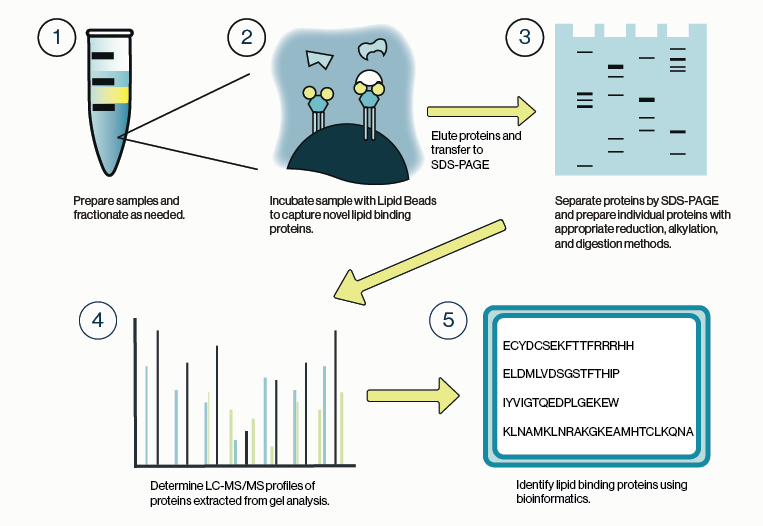- Expertise: We possess the know-how to analyze the steps of the methylerythritol phosphate (MEP) pathway.
- Availability: We have the largest product catalog of MEP Pathway related items
- Diagnostic Services: Whole-Cell MEP Pathway-Selective Antibacterial Screening Assay
Why study the MEP pathway?
Antibiotic resistance is a global problem and related antibacterial research for new antibiotics or bacterial targets is an area of need. Two unrelated essential pathways exist for the biosynthesis of isoprenoid metabolites, which are essential for the survival of all living organisms. The isoprenoid structural family consists of > 50,000 unique compounds and are constructed from the two simple five-carbon pre-cursors isopentenyl diphosphate (IPP) and dimethylallyl diphosphate (DMAPP). These precursors are made from two pathways, the methylerythritol phosphate (MEP) pathway, which is unique to bacteria, and the mevalonate (MVA) pathway used by humans. This makes the individual enzymatic steps of the MEP pathway attractive for the development of new antibiotics targeted against them, as few inhibitors of this pathway have been described.

Reason # 1: Expertise
Echelon has experience in MEP antibacterial research. Our whole-cell based screening platform and MEP assays evaluate specific points in the MEP pathway to identify novel antibiotics. An example of our recent work includes utilizing our K-2000C enzyme inhibition assay to monitor inhibition of MEP synthase (aka deoxyxylulose phosphate reductoisomerase, DXR), an early enzyme in the pathway. This assay was used in conjunction with an in silico screen to identify potential DXR inhibitors from an in-house compound collection. See our poster presented at the 2018 International SLAS conference.
Reason # 2: Availability
Echelon’s chemists are experts in the synthesis of complex biomolecules. Because of this our product catalog contains the most extensive list of MEP pathway intermediates available under one roof. We have 7 MEP pathway specific intermediates, 19 isoprenoid based molecules, and 3 known MEP enzyme inhibitors.
Link to Whole-Cell MEP Pathway-Selective Antibacterial Screening Assay Service
Our biology team has also worked extensively on cloning, expressing, and purifying enzymes involved in MEP pathway. We currently provide 5 of the enzymes in the MEP pathway; specifically, Deoxy-xylulose Phosphate Synthase (DXS), MEP Synthase (DXR), CDP-ME Synthase (IspD), CDP-ME Kinase (IspE), and cMEPP Synthase (IspF).
Additionally, EBI has expanded the tools of identifying potential inhibitors by creating “easy to use” enzyme assay kits to search for potential inhibitors at specific steps in the MEP Pathway. These kits provide all of the required reagents and assay protocols to simplify the MEP antibacterial research process. We hope to save you time and energy. We currently carry the following assays:
- K-2000C: MEP Synthase (DXR) Enzyme Inhibitor Screen
- K-2000D: CDP-ME Synthase (IspD) Enzymatic Assay
- K-2000E: CDP-MEP Synthesis Kit. Utilized for the enzymatic synthesis of the CDP-MEP intermediate.
- Link to MEP products
Reason # 3: Diagnostic Services
Finally, we provide the T-2000 Antibacterial Screening Assay Service. This innovative, genetically-engineered whole-cell (Salmonella typhimurium) phenotypic screen has the capacity to identify compounds that selectively inhibit the MEP pathway. This is a great starting point for screening potential MEP Pathway specific inhibitors.
0.2
/ 0.3
Related Articles
Stay informed with our informative blog posts.
0.3
/ 0.3
Get in Touch
If you have any questions or would like to learn more about our services, feel free to reach out to us. We’re here to help!
Biosciences




